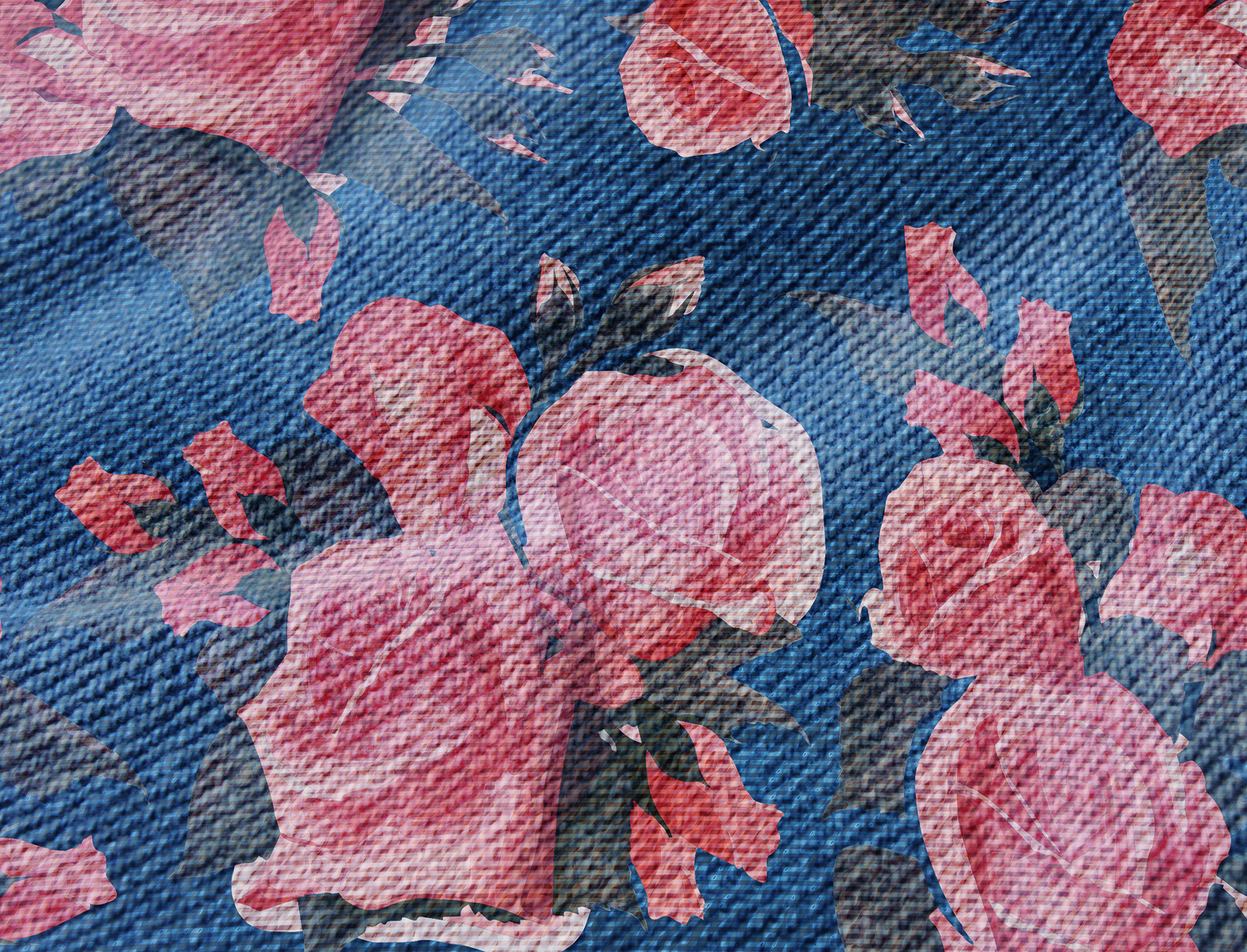Manufacturing & Retail
The manufacturing and retail stage aims to reduce textile waste accumulation and over production, to optimise efficiency in the cut, make and trim of a garment through digital solutions and on-demand production, and to extend the life of products and packaging through circular business models. This supply chain step aims to reduce the overall waste to landfill at a factory, retail and consumer level.
Projects

VAT Tax Impact on Resale in the UK
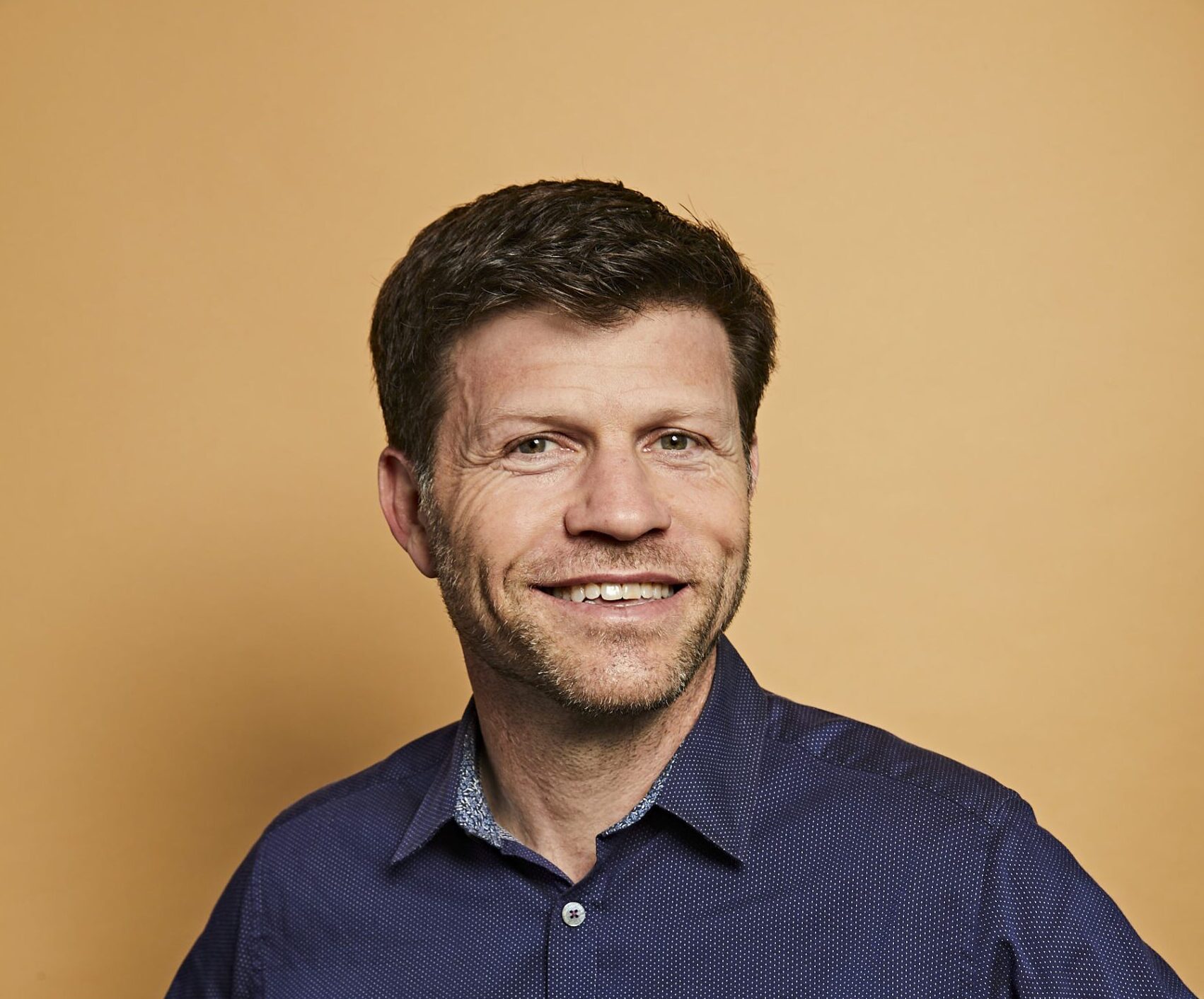
In Conversation with Trove: The Innovator Powering the Resale Ecosystem For Brands
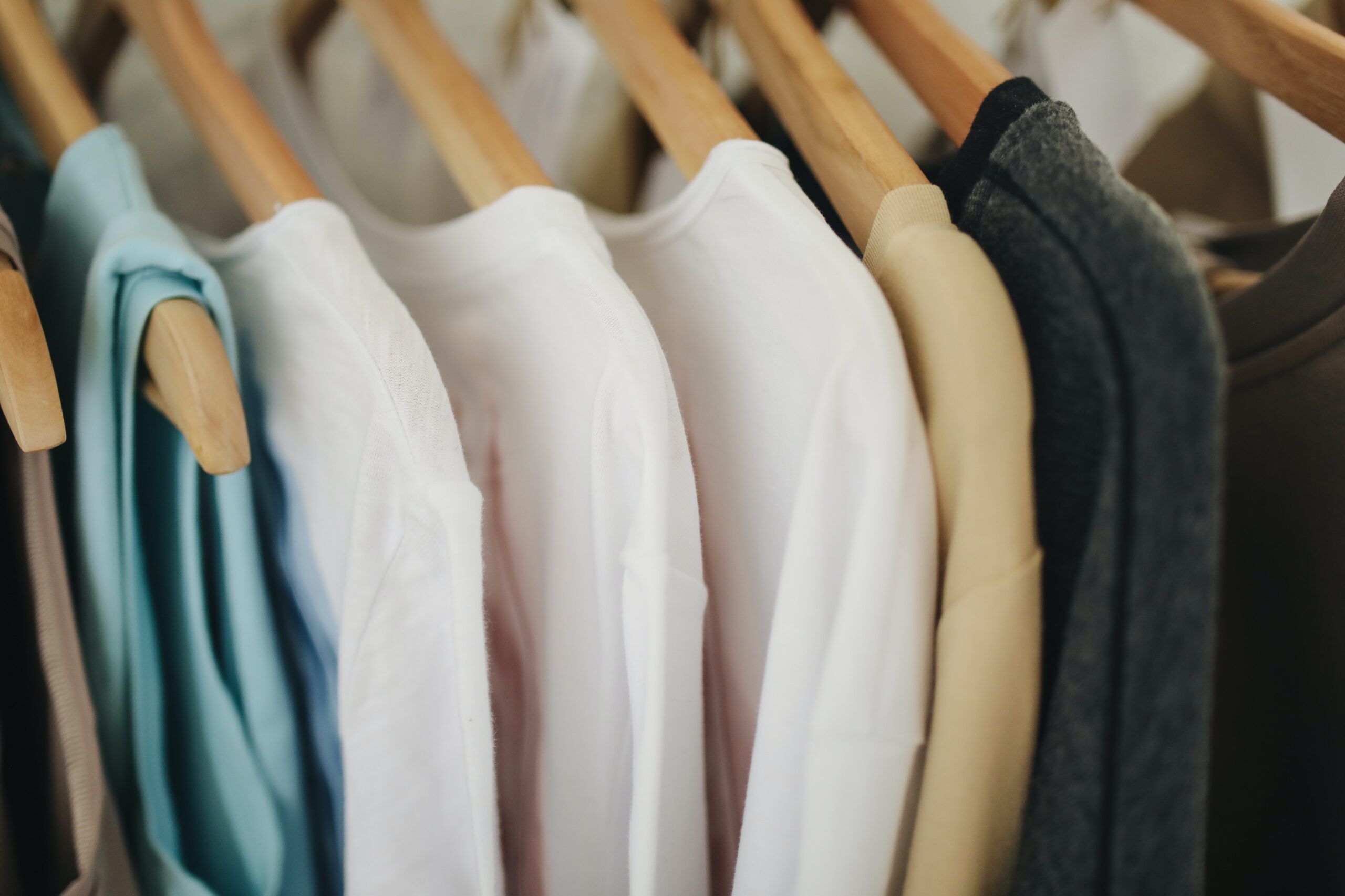
Meet the Innovator: Trove
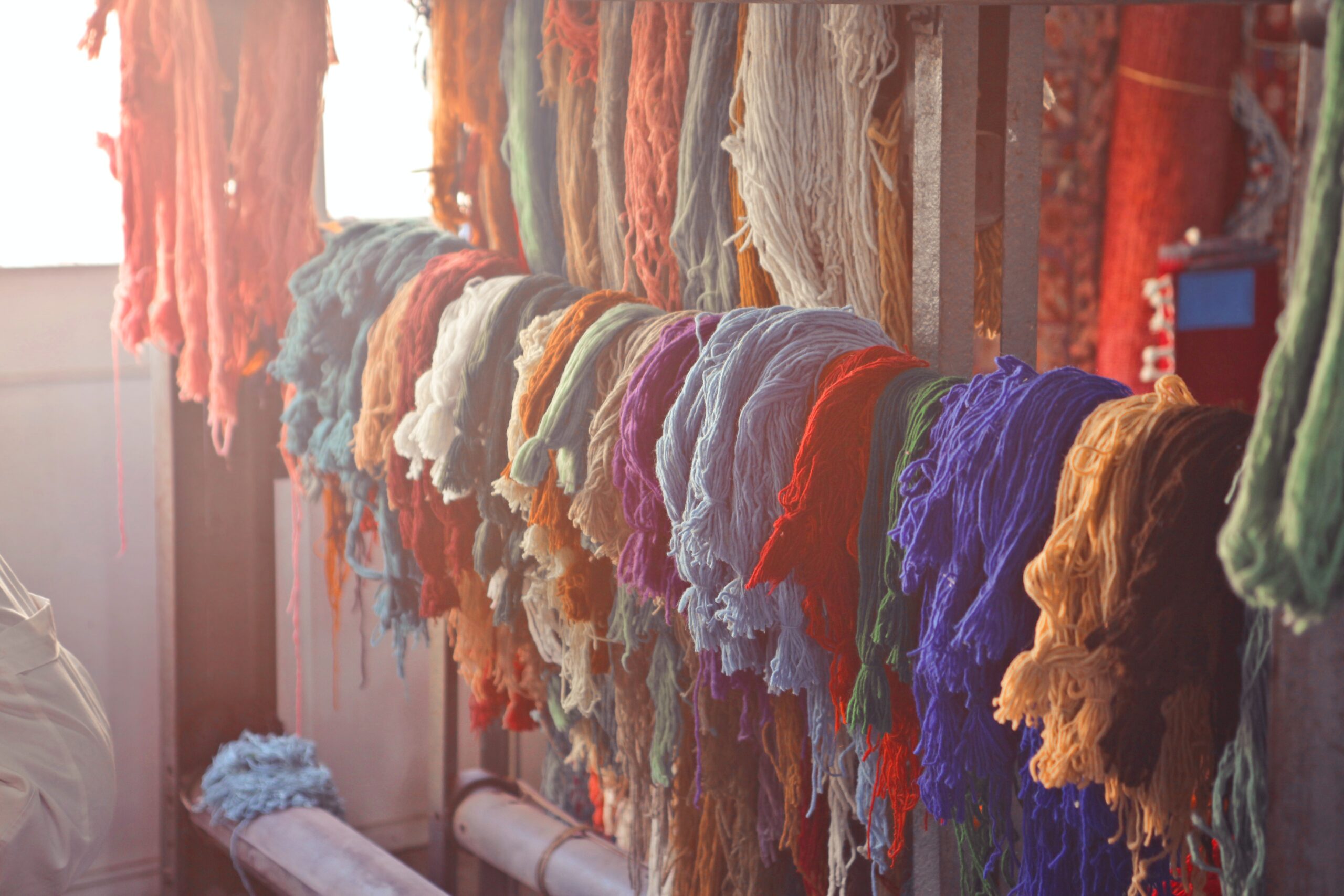
What are circular business models?
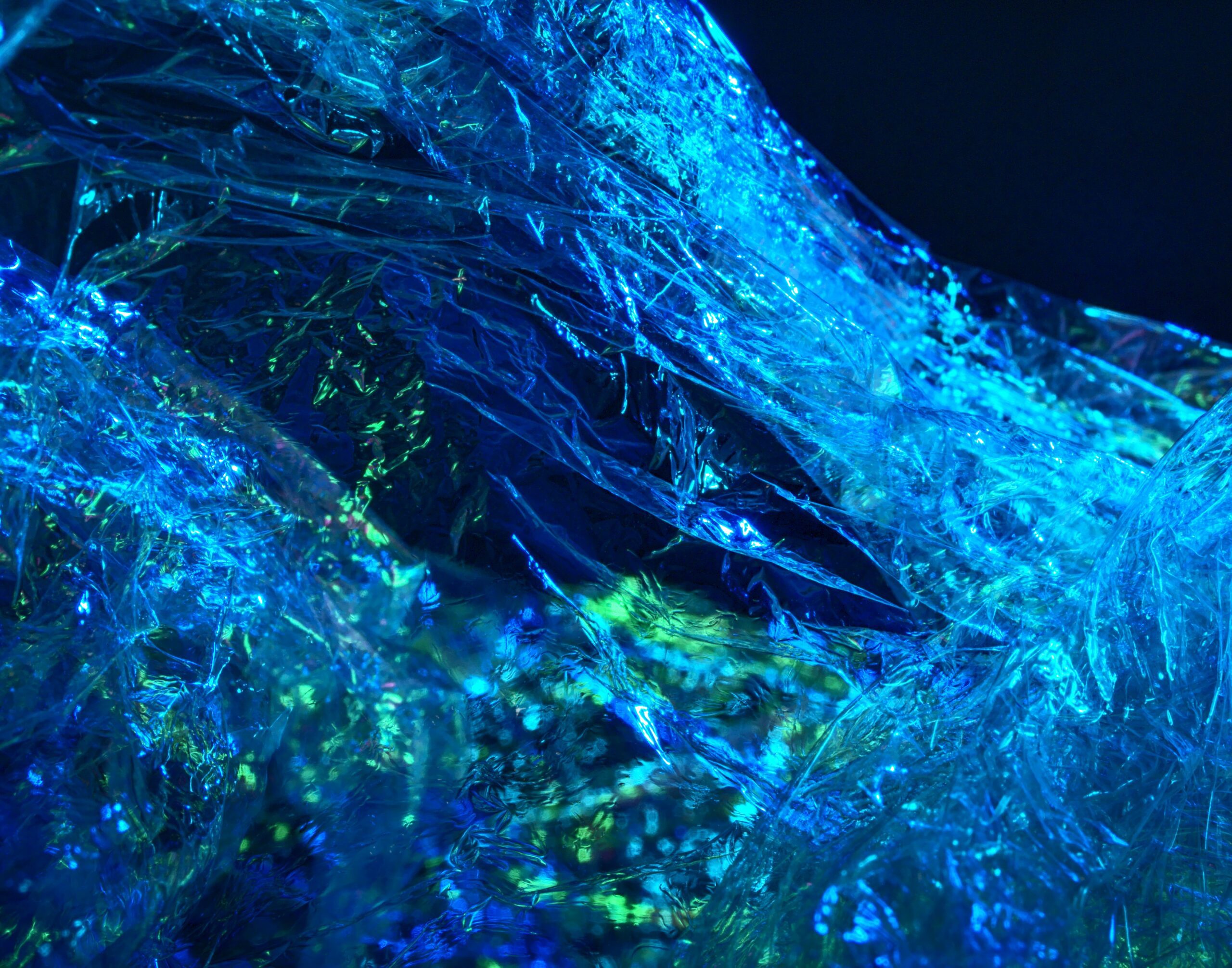
Fashion for Good launches the home-compostable polybag project
Fashion for Good launches the Home-Compostable Polybag Project, a pilot to test alternatives to conventional single-use polybags,



Fashion for Good lanceert het thuiscomposteerbare polybag project
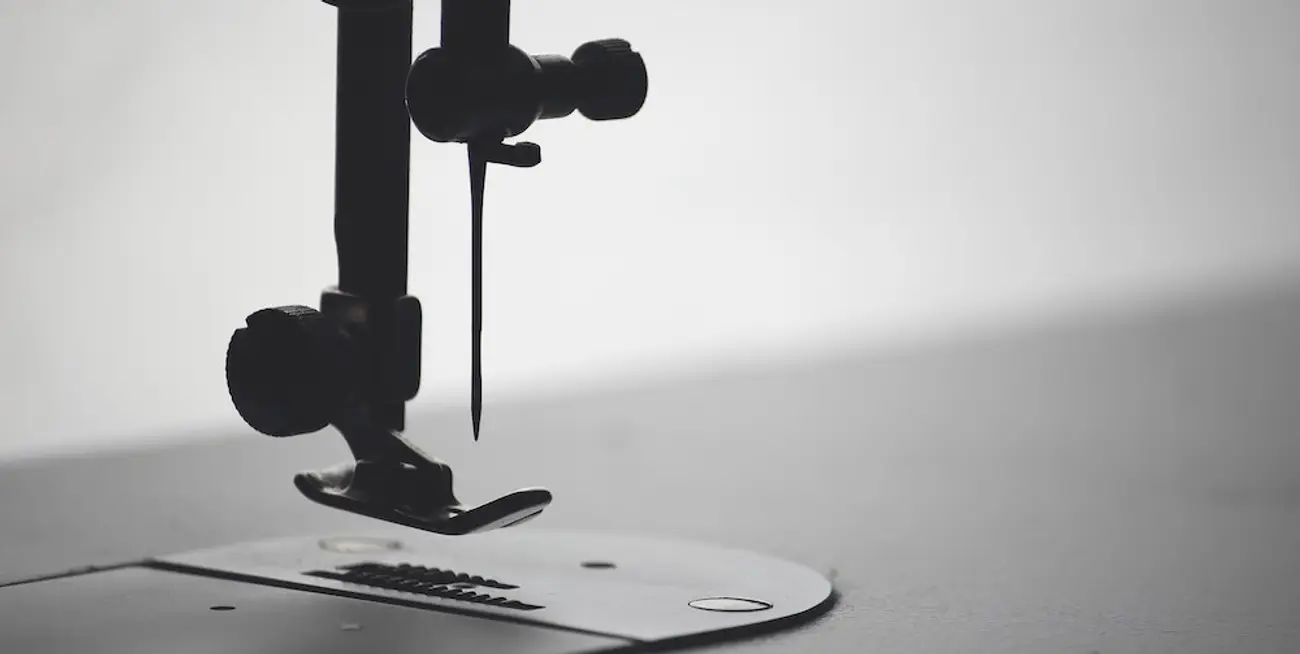

Resortecs vergemakkelijkt met zijn oplosbaar naaigaren het beheer van onverkochte kledingstukken
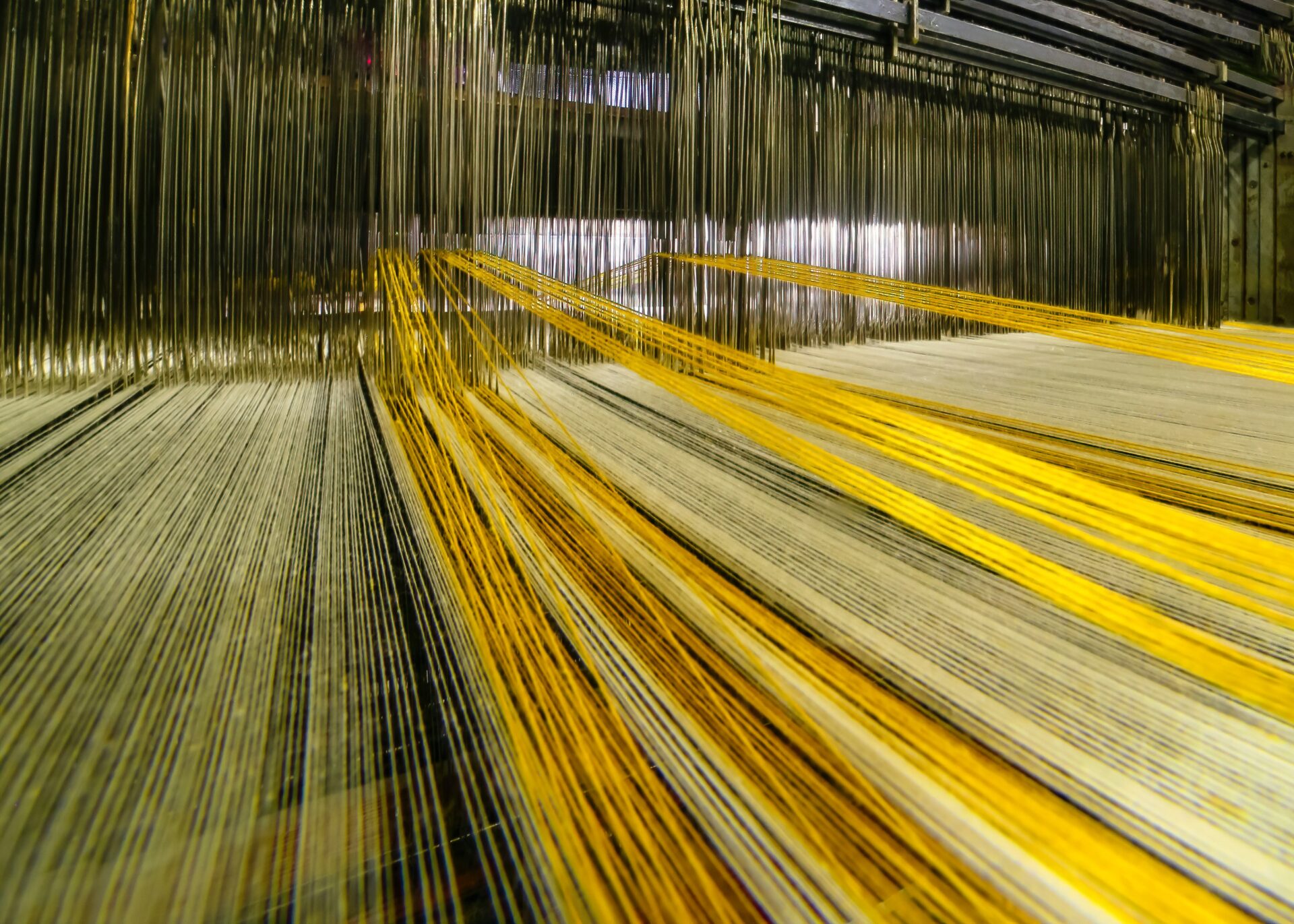

Unlocking the Trillion-Dollar Fashion Decarbonisation Opportunity
Innovators


RESPONSIBLE
RESPONSIBLE is a global circularity platform powered by advanced proprietary technology. The company is on a mission to scale circularity by offering solutions across the product life cycle and a premium take on reCommerce. (Northern Ireland)


Perfitly
Perfitly biedt op AR, VR en AI gebaseerd maat- en visualisatie-advies aan voor online shopping. Op die manier worden merken geholpen om het aantal geretourneerde bestellingen te verminderen. Online shoppers zien de kleding op een digitale, gepersonaliseerde mannequin om de perfecte pasvorm en look te vinden, en dit allemaal comfortabel vanuit huis.


traceless
traceless ontwikkelt films, rigide materialen en coatings die de consument thuis kan composteren. Ze zijn afkomstig van lenbouwrestene en zijn 100% biobased. Op het gebied van prijs en kwaliteit zijn ze concurrerend met alternatieven. Daarbij, kunnen ze volledig worden afgebroken door de natuurlijke omgeving. Daardoor zijn de materialen van Traceless geschikt om het plastic te vervangen in de vele producten die nu nog als afval in het milieu belanden. Op die manier draagt Traceless bij aan het oplossen van wereldwijde plasticvervuiling.


Greenhope
Greenhope is een sociaal, technologie bedrijf dat biologisch afbreekbare technologieën vervaardigt om moeilijk te recyclen artikelen aan te pakken die te klein, vervuild of economisch niet levensvatbaar zijn of die stortplaatsen als aangewezen bestemming hebben. Hun bioplastic van Ecoplas wordt gemaakt met zetmeel van lokale boeren en wordt gebruikt voor het in duurzame verpakkingen voor kleding, voeding en non-foodtoepassingen.
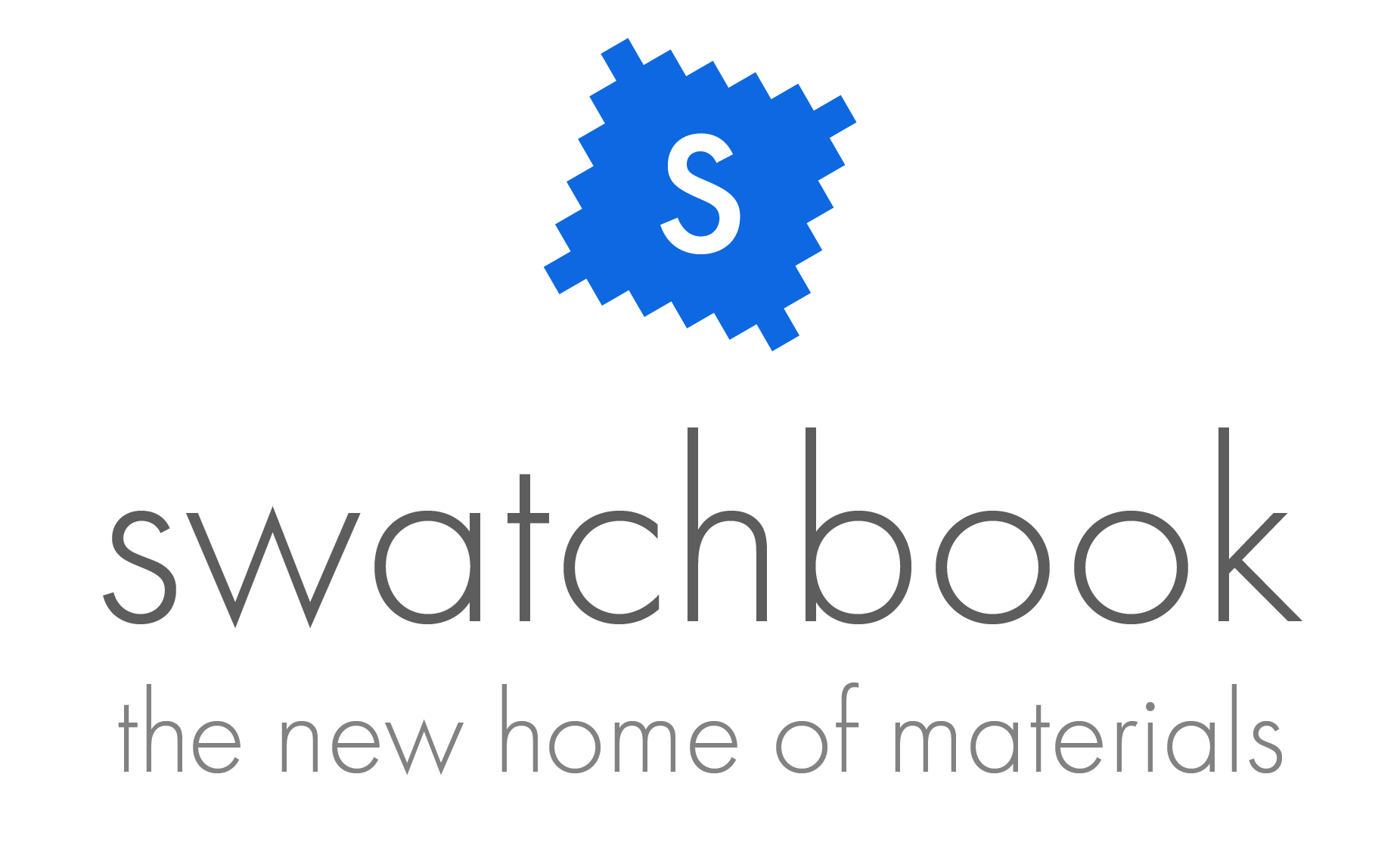

Swatchbook
Swatchbook is een cloudplatform dat een revolutie teweegbrengt in het verkennen, visualiseren en delen van materialen. Het platform stelt leveranciers in staat om hun materialen samen met andere metadata en prijsdetails te uploaden zodat merken materialen verder kunnen verkennen, ontdekken en visualiseren, en deze kunnen delen met andere belanghebbenden voor verder gebruik.
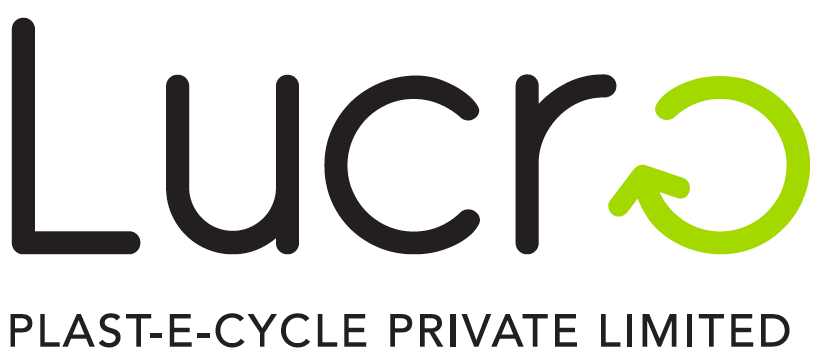

Lucro
Als leider van eigen bodem in Indiase gerecyclede plastic producten, produceert Lucro hoogwaardig, innovatief en gerecycled plastic afval om producten opnieuw te maken, om uiteindelijk de cirkel te sluiten en plastic duurzaam te maken. Lucro bedient grote industrieën, waaronder de detailhandel, FMCG en de automobielsector, en exporteert hun producten naar de VS en Europa.
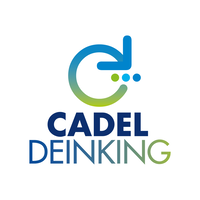

Cadel Recycling Lab
Cadel Deinking verwijdert gedrukte inkt en etiketten van plastic en kan door mechanische recycling pellets van hoge kwaliteit produceren met een hoog gerecycled gehalte. De ontinktingstechnologie produceert pellets van vergelijkbare kwaliteit als die van nieuwe kunststoffen en kan in dezelfde toepassingen worden gebruikt als nieuw materiaal.


Resortecs
Resortecs produceert een oplosbare stikdraad voor gemakkelijke reparatie en recycling van kledingstukken. De draden worden gebruikt bij het bevestigen van afsnijdsels, zoals ritsen, knopen en sluitingen, en zijn bedoeld voor kledingreparatie, recycling en hergebruik van materialen uit onverkochte voorraad en lossen op bij blootstelling aan hitte.
Latest


In conversation with Smartex: Explore Smartex’s AI-driven solutions transforming quality control and reducing waste
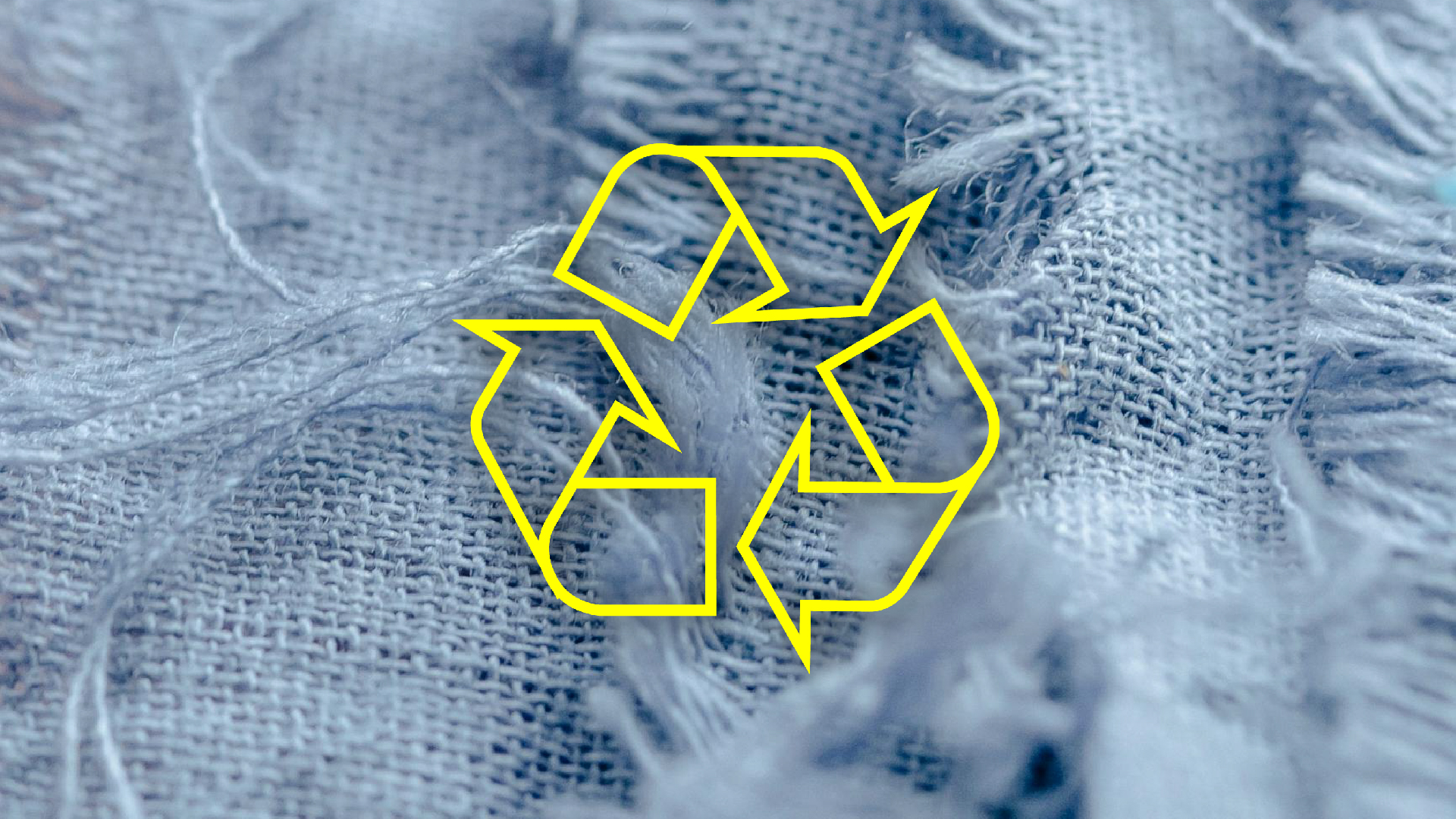

Fashion for Good and Textile Exchange Team Up to Trace Textile Waste
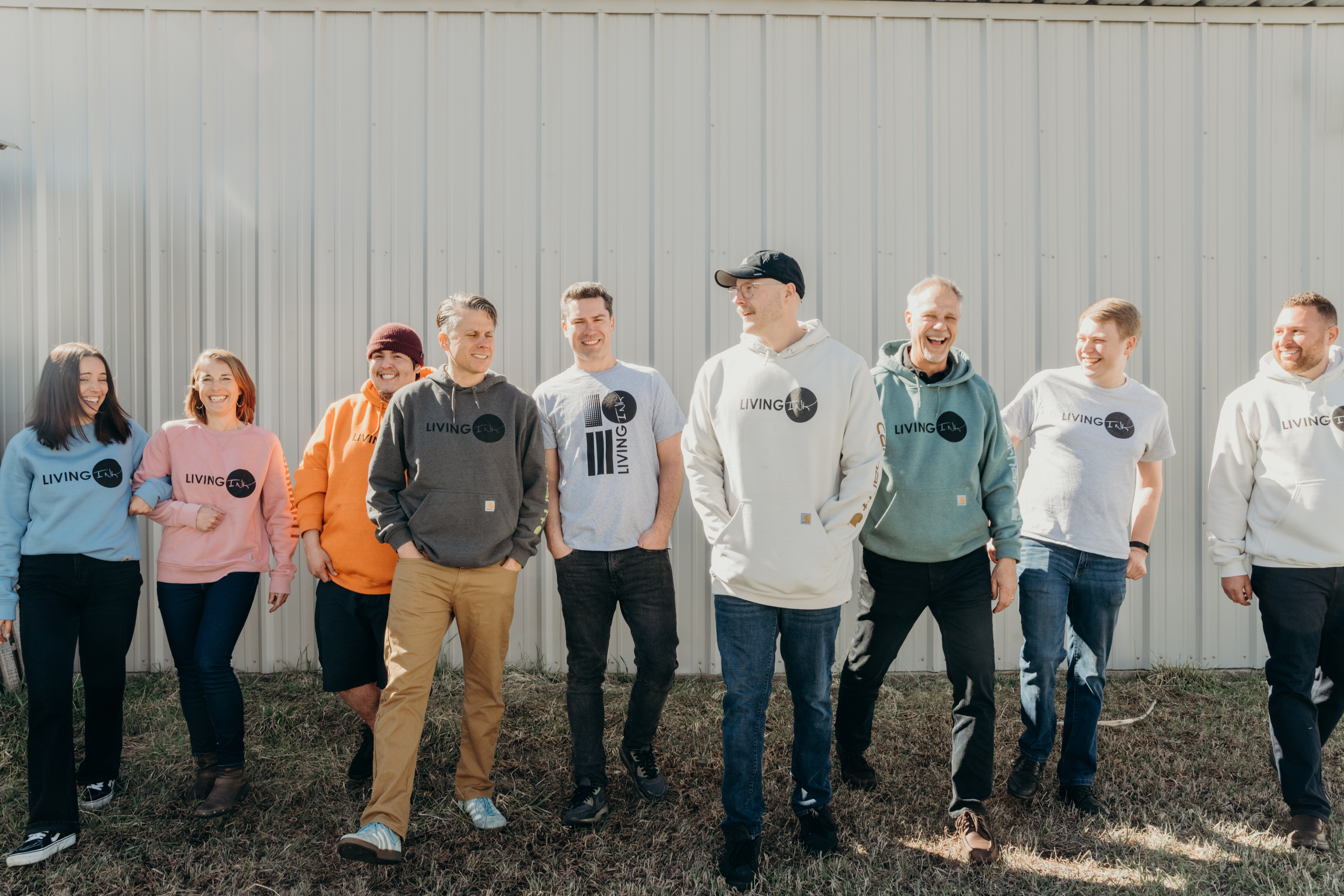

In Conversation with Living Ink: Turning Biomass Waste Into Value
